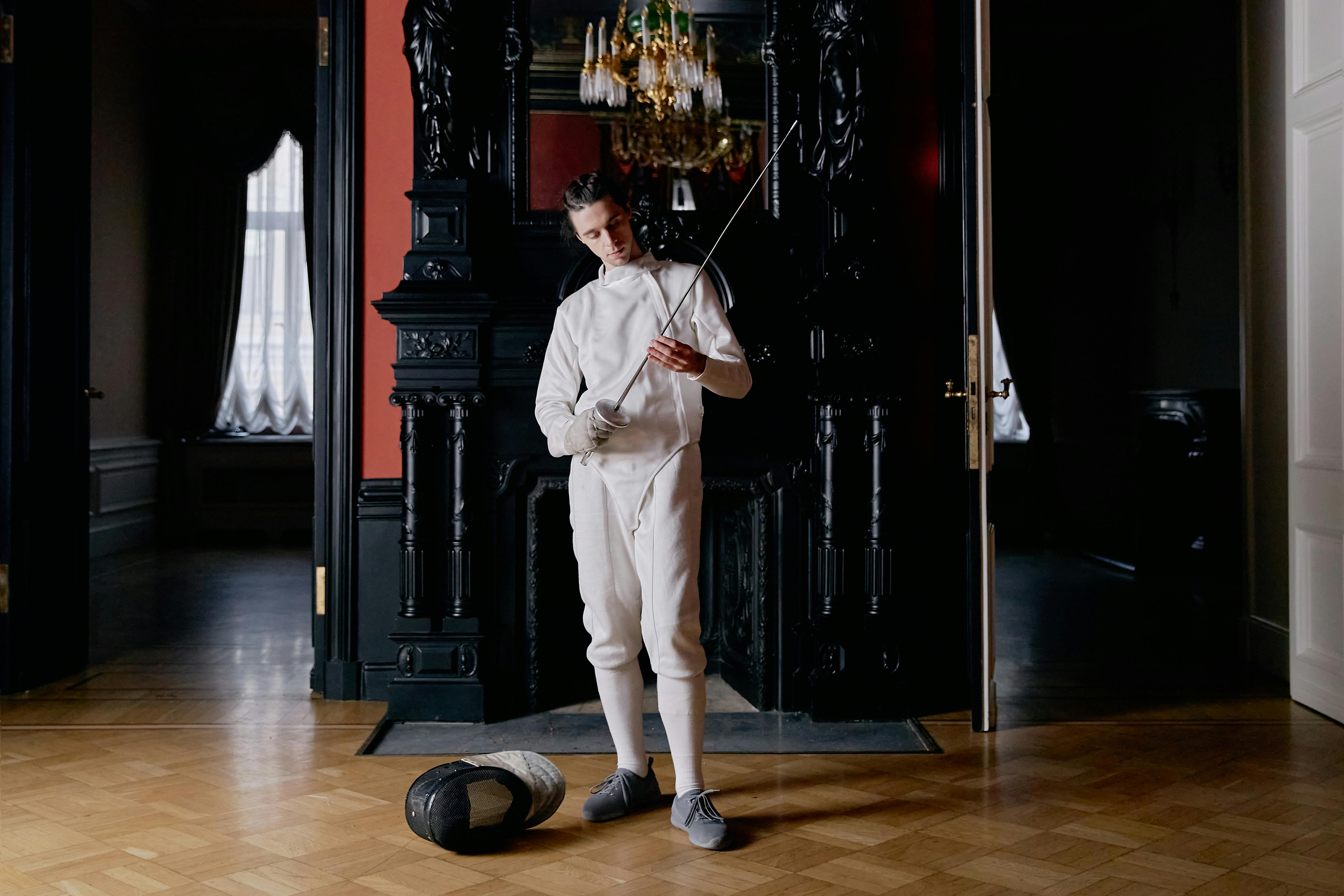I’ve been wanting something good to write about for a while. I’ve also been waiting to hear something really original to feed my ears, but something familiar because I’m very conservative.
Well, I was pleasantly surprised when a friend of mine directed me to the blog-like homepage of Egyptian guitarist and songwriter Sherif Karama. I say Blog, though nothing really looks like one there; none of those blogrolls, RSS feeds, articles that lead to other articles that lead to yet other articles, which are all biased and basically say the same thing.
Just a clean and simple homepage, greeting you with a classical guitar themed bursting into a maelstrom of piano and cello, played by the talented artist, really inviting you to navigate the site while listening to the music (you can detach the player to be able to jump from one page to another without stopping the music).
The first thing that caught my eye was the bio tab as I was curious where on our planet this musician no one has ever heard of is hiding. It was a double surprise to find out that he actually resides in Montreal; firstly because that is not the type of music that usually comes out of there, and also because that good music usually does get out of there!
Considering the recent explosion of very good bands in the area, one would assume that any good artist would be seen fairly quickly. However, as Karama said when I contacted him (actually, you can reach him via his direct email, he even suggests you add him on Facebook!), he has enjoyed writing his material so much and he has been stuck in a daily job to make ends meet, that the minimum effort of going out and taking music to a stage had not yet been fulfilled. However, he hopes to start playing live as soon as he finds some good musicians and time.
And time seems to be a major issue, not just for him and not just for the musicians, but for “for anyone with a personal goal to achieve, projects or dreams to achieve, that demand much more than the short afternoons left after most full-time jobs, split between dinner, feeding the kids, and just “drinking.” a break”.says the bailiff.
But that doesn’t seem to be getting in her way much, as she’s managed to write over 20 songs since mid-May 2007, when she decided to fully commit to her art. Hey did he quit his job at the time, but has since returned to a full-time job, which he says he likes, but couldn’t spend a lifetime doing. “I think our society is a bit hypocritical. Everyone needs money, everyone needs to earn a comfortable living, of course, but that need often leads people to spend their lives in a vicious cycle of only getting by, but not really doing something they love. They will learn to accept it, and in time they might even forget that it was never really the main plan, but in the end, most of us will overlook their true reason for being on this earth, their true passion will simply fade away. . And I refuse to let that happen to me.”
A mix between the recent Irish export of Damien Rice, Nirvana and a heavy influence from oriental and classical writing make up the unique sound of Karama’s music. The intro song on their home page, Can, discusses his naive approach to love, his too-high expectations to find old-fashioned romance, and floats over a layer of piano-cello melancholy, again reflecting on his brief but moving foray into classical music studies in Vincent d ‘Indy School of Music in Outremont, Montreal. One of my personal favourites, orangesit reflects a much brighter side to his music, but something keeps bringing the sunlight down, and a constant sense of melancholy and nostalgia fills his crackling voice, which often comes down to just a loud whisper of exhaustion.
But don’t be fooled, behind the pain-filled music, Sherif is one of the happiest and most down-to-earth people you’ll find. “I realize that music can sound like a sour, heartbroken teenager, but in a sense, we’ve all been there, and I think it ties in better with people’s old buried feelings, it brings out the child wounded in everything”. of us. It really is just my way of expressing things that are not necessarily experienced only by myself, but are universal human feelings, which in my opinion are beautiful but somewhat sad and painful aspects to represent; that could make the music sound depressing. , when in reality, I have enormous admiration for the human species and the range of emotions it can go through”
And emotion there is; a song can easily go from ringing a joyous number to the saddest, melodramatic, almost symphonic scream, and fall into a simple and mean burst; more or less what a human being could spend in a day! Some might see the influence from all over Seattle, the so-called Grunge scene of the early ’90s, which Sherif refers to as his first foray into guitar music. However, much of the distortion and simple 4 chord progressions have been omitted, as many more genres have come to contribute to the overall Karama sound. He refers to classical music as the source of all music, is completely nerdy about his love of Japanese video game music (Nobuo Uematsu, who made the Final Fantasy soundtracks for over 20 years, is his favorite) and dreams of one day playing flamenco guitar like, In the style of Paco de Lucía.
It’s also worth noting that Sherif is a great reader, from science fiction to biographies, between essays in astrophysics and philosophy, he loves to get a good idea of what’s going on in the world or what’s happened over the centuries. . And his passion for all things that are genuinely human, is really what makes his music truly unique, because he applies the same desire for greatness that has been used during the Renaissance period, or by his idol-composers of the time. romantic, that is: Felix Bartholdy. Mendelssohn, Chopin and of course Beethoven. “It truly saddens me that such incredible achievements that have been achieved throughout history seem impossible to achieve in today’s world.
Those guys would write hour-long symphonies, for 100+ instruments… We’re talking 400 pages of music, all handwritten, and most of them had 400-500+ pieces of music in their lifetime. And those aren’t little 3 minute hooks with a verse, a chorus, and a solo! When you see the sculptures and paintings of the Renaissance, when you see the amount of work required at that time with the much less advanced techniques or technologies available, it makes you wonder why we don’t have more creations that you can truly consider time defying. itself. I guess today’s geniuses are behind computers, and the knowledge has become much more available that you don’t have big one-off characters anymore, but a whole community of small, really specialized actors, who together bring out true creativity. . nature of humanity.


